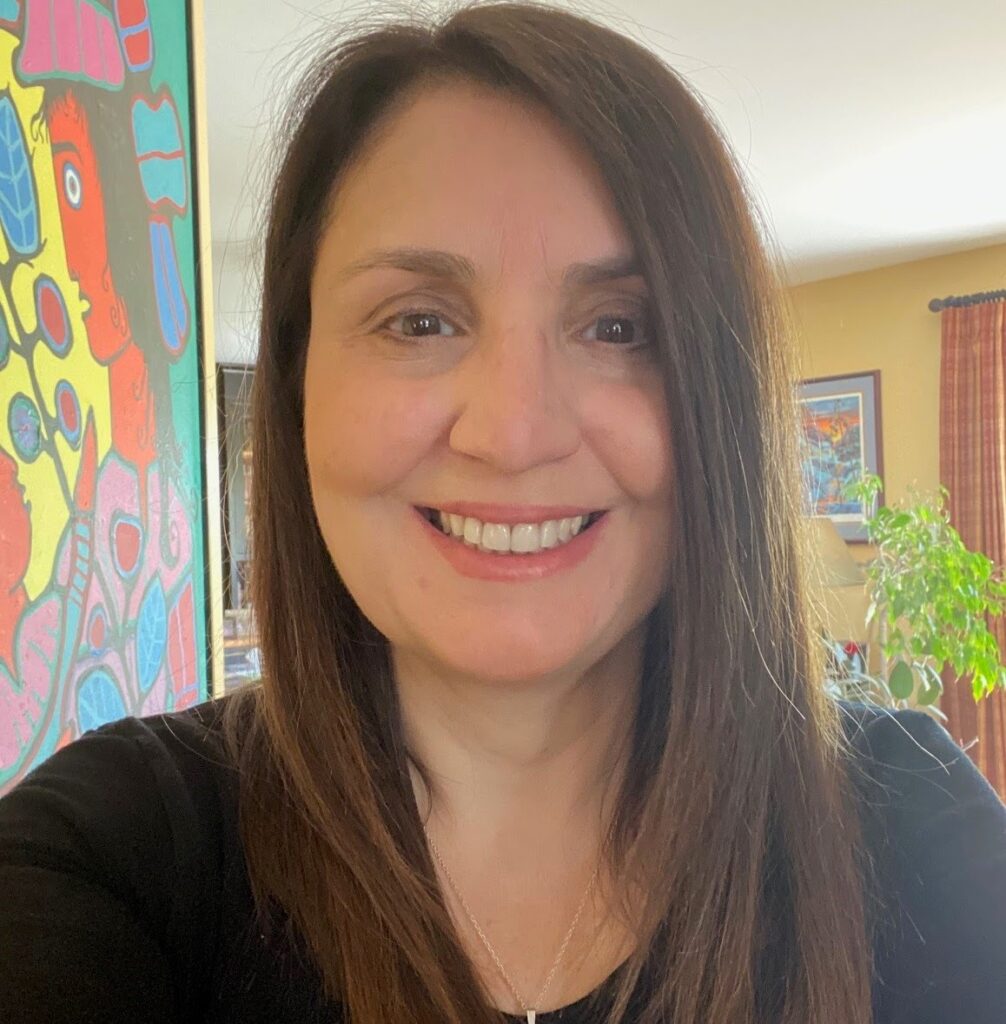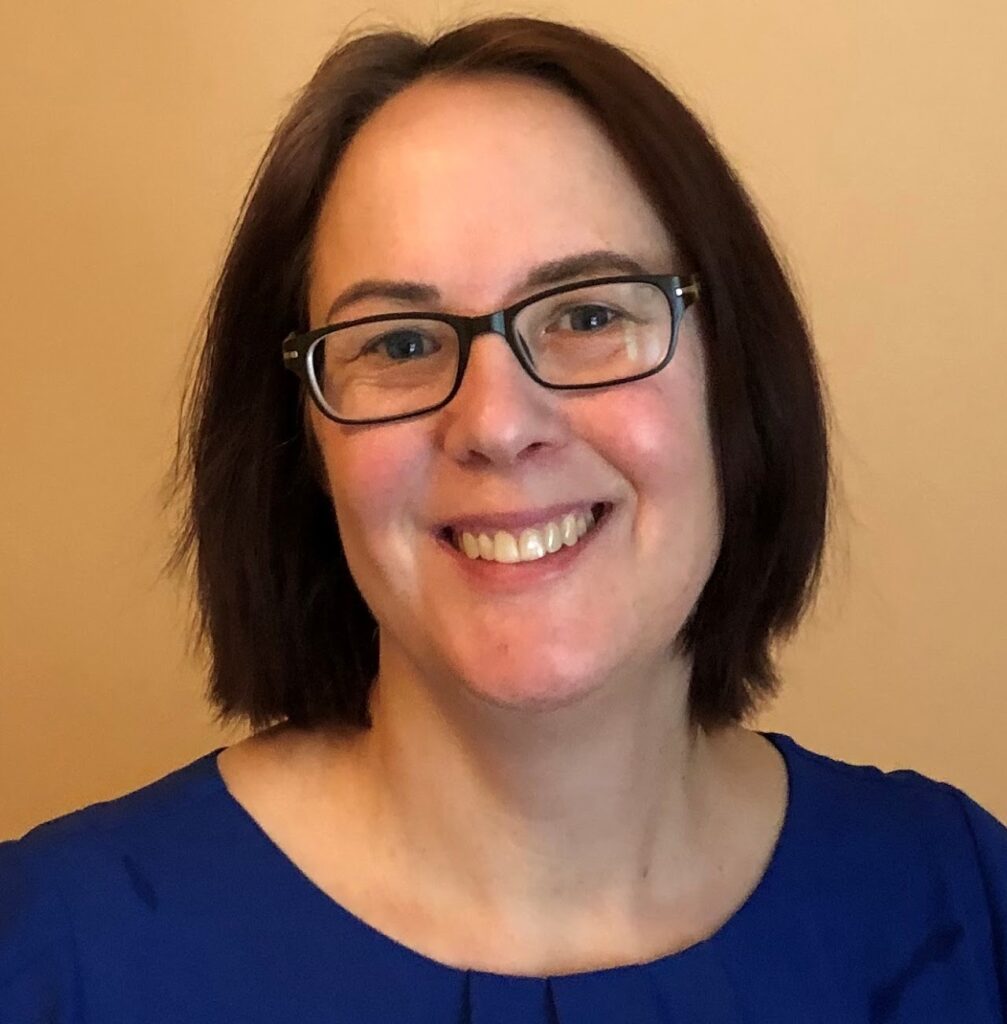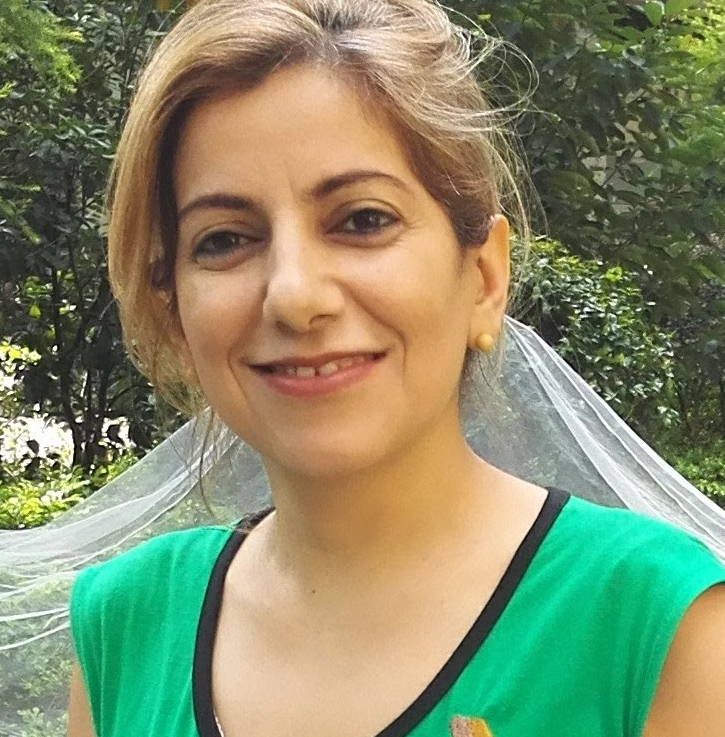What’s involved in creating an LBS lesson that flows?
A Literacy and Basic Skills (LBS) lesson is a narrow, yet revealing window into the complexities, challenges, and rich opportunities so much a part of teaching adult learners who also are aiming to strengthen their digital skills. Whether you are teaching fully online, delivering instruction through a hybrid model, or are fully back in a physical classroom, planning an engaging lesson where skills are honed, connections are made, and a meaningful use of digital technologies is applied, is likely what you aspire to.
During the session, we shared how the Planning a Lesson (PAL) working group came together and explored the intricacies of lesson planning by considering the on-the-ground realities of teaching LBS learners and integrating technology whenever possible. Learn how we met regularly to discuss and identify the common challenges practitioners face before a lesson begins, during the lesson itself, and after a lesson, and how the insights we shared and the tasks we reflected on became the foundation for co-developing resources aimed at bringing flow and deeper learning into lesson planning.
Some tips and lesson planning resources were shared and a sneak peek into the Planning a Lesson website that houses the PAL resources.
Presenters

With twenty-five years of experience supporting adult learners along their unique learning journeys, Olga led the Planning a Lesson (PAL) project drawing on her skills as a seasoned community-based LBS practitioner, an ESL instructor, a vocational counsellor, and an adult education researcher. Her commitment to good teaching that respects adult learners and the real-world skills they bring to their own learning, coupled with her passion for practitioner collaboration and innovation is what set the stage for the PAL project.
Olga is thrilled to have facilitated the working group discussions which were fertile ground for the co-creation of the PAL suite of resources. The working group’s robust teaching experiences, keen insights, diligence, and thoughtful considerations resulted in the co-development of resources that the LBS field will be able to use in order to enhance digital delivery as they engage learners through the lens of purposeful digital integration.

Georgina has worked in adult education (mostly LBS as well as ESL) since 2010. Prior to that, she was an elementary teacher. Georgina is an LBS Instructor with the Ottawa Catholic School Board. She has designed and taught a variety of courses including employment programs, computer skills and academic upgrading.

Joe is an Ontario Certified Teacher who has experience working in education both in Ontario and Nova Scotia. He has worked as an instructor in the Adult Learning and Skills Development department with the Ottawa Catholic School Board (OSCB) since 2022. Joe has taught computer skills, employment preparation, and life skills and has facilitated a remedial class for learners taking online high school credit courses. He currently delivers the Virtual Academic Upgrading course in the OCSB Adult Learning and Skills Development program and also teaches high school.

When John is not in front of his computer taking care of his adult learners at The Literacy Group (TLG) Cambridge location, he is waiting for the day when he can take his twin granddaughters out for a ride on his motorcycle with their Papa John and then curl up on the couch and watch the New York Giants football game on TV.

Leila is a dedicated educator at PTP Adult Learning and Employment Programs with a profound passion for teaching adult learners. With a diverse background spanning several years teaching ESL internationally, she has developed a deep understanding of cross-cultural communication and seeks to empower learners with the skills and confidence to navigate the digital world.

Smita started her teaching career in England in 2009 as an Adult ESL instructor and then continued as a Functional Skills instructor until 2016 where she used technology synchronously in her classes to make the teaching topics more interesting and engaging. As part of her teaching duties, Smita designed Schemes of Work, prepared lesson plans, assessment plans, and assessment activities. Currently, Smita works as an LBS instructor at the Toronto District School Board (since 2017), and also teaches Microsoft Office workshops.
Other resources
What is PAL?
The Planning a Lesson website — PAL for short — is a lesson planning companion that’s a little like a conversation with a teaching peer—a peer who has already thought about planning engaging lessons that flow.
The ideas and materials in this digital space stem from thoughtful questions, robust discussions and the collaborative efforts of the PAL working group. Thus, PAL is a space to engage with the insights from front-line LBS practitioners just like you, and to garner some handy tips.
PAL could also be used as a place to return to for inspiration or to spark discussions around learner-centred approaches and strategies with LBS colleagues.
PAL is
- A new way to look at lesson planning
- An opportunity to reflect on your practice
- A space for front-line insights, tips and resources
You will find a blended-learning lesson planning flow developed for and by literacy practitioners grounded in research and research-in-practice. It is kitchen tested but flexible enough that you can add your own flavour and refine the process to meet the needs of your evolving practice.
PRE-LESSON:
Anticipating challenges
- Challenges to lesson flow present themselves before the lesson even begins. Technology issues and day-to-day class logistics can impact a lesson.
- Consider the most common pre-lesson challenges that can become bottlenecks to flow and try to turn them into learning opportunities.
THE LESSON:
Planning for learning and lesson flow
- Skills are honed not only through discrete tasks, but through active learning strategies and lesson components that build upon each other for connections to be made.
- Take a look at planning a lesson where adult learners work with digital tools and each other by way of activities that are purposefully planned.
POST-LESSON:
Taking the learning beyond the class session
- Taking the learning and newly acquired digital skills into the real world, post-lesson, is a way for adult learners to solidify their learning.
- Explore some simple ways to encourage learners to think about their digital wins and reflect on how to apply their new skills beyond the LBS classroom in a meaningful way.
After searching over 100 resources collections and lists from Canada, the U.S., U.K. and Australia, we have developed a fully vetted collection of workbooks, modules and activities that address a range of instructional topics in our Open Educational Resources and Instructional Materials Collection.
To build the collection, Christine and Guylaine assembled a group of instructors from school boards and community groups, representing urban and rural communities across the province. Members work in program areas ranging from workforce development to academic, with diverse learner groups. They provided guidance to ensure the materials are
- Free and ad-free
- Shareable and reproducible
- Mostly modifiable for use in different formats and to change content
- Ready-to-use with instructional activities
- Accompanied by tips, ideas and strategies for educators to implement.
Take some time to explore the collection. You’re sure to find some gems that you can use right away.
We hear about the challenge of embedding digital skills in literacy learning when working with learners who have beginner literacy skills or digital skills that do not meet the requirements of an educational setting.
Visit our Computer Basics Google site to see a collection of resources you can use to to support learners who are trying to “catch up” on digital skills.
You will find a collection of places that support learners with beginner literacy skills who want to learn more about using digital devices and leveraging connectivity for learning.
There are Lessons and Tutorials that you can use as a curriculum, build into your own curriculum or supplement a curriculum you are using as well as Lessons and Tutorials created by Ontario Literacy and Basic Skills programs.
Under the Standards tab we have collected resources to help literacy learners reflect upon and assess their computer skills.
Lots of people know about and use GCFGlobal (GCFLearnFree – edu.gcfglobal.org) resources as a place to send learners and to learn about techy stuff themselves.
Here are some other sites for getting started reviewed on this site:
- Text-based resources
You can read more about these places to learn at the AlphaPlus Computer Basics site under the Lessons and Tutorials tab.
You will find activities from these sites organized by topic at the AlphaPlus Digital Technology Readiness site Table of Contents where you will find some basics (parts of a computer, the mouse and the keyboard, etc.) under Getting Started. The rest of the topics are to help learners get ready for using digital technology for learning.
Activities from these sites are also accessible through the Digital Skills Library where they have been indexed and are searchable.
“I’ve always found this compilation of models quite mind-boggling. I find it very difficult to keep all the permutations of a blended learning approach straight. In a conversation with some very wise literacy practitioners from Ontario, I suddenly realized why. I think that instead of reading these models of prescriptions of how to design the delivery of blended learning, we should read them as descriptions of all the ways that educators have developed and adapted a blended learning approach to specific contexts and to meet the needs and circumstances of specific learners.
There is a lot of professional knowledge and wisdom here and, perhaps more importantly, demonstrations of how that wisdom and knowledge is applied in the real world. These models are the curriculum planning frameworks in action.“
Tracey Mollins.
Contact me at tracey@alphaplus.ca to talk about blended learning delivery models.
Here are the models described on the website:
- Four Project-Based Learning Models
- Five Rotation Models
- Station Rotation Blended Learning
- Lab Rotation Blended Learning
- The ‘Flipped Classroom’ Blended Learning
- Individual Rotation Blended Learning
- The Playlist Model
- Two Hybrid Models
- Supplemental Blended Learning
- Mastery-Based Blended Learning
- Three Remote Learning Models
- A La Carte model
- Remote Blended Learning (also referred to as Enriched Virtual)
- Flex Blended Learning
Blended Learning Resources
These frameworks were developed to help educators design and develop technology-rich learning environments. The frameworks help us determine the level of technology integration in the learning environment and evaluate if the technology is enhancing, extending and/or transforming learning.
Tracey Mollins
Contact me at tracey@alphaplus.ca to talk about blended learning delivery models.
These are the Frameworks described on the website
- Designing for Learning Outcomes
- A blended learning framework – ISTE Standards for Students
- A computer basics framework – Northstar Digital Literacy Framework
- A computer basics / blended learning framework – Maryland Department of Labor Digital Literacy Framework for Adult Learners
- A roadmap to reach the City of Seattle’s vision to become a more digitally equitable city, where technology’s opportunities equitably empower all residents and communities – Seattle Digital Equity Initiative Digital Skills Framework
- Designing for Learning Experiences
- The Technology Integration Matrix
- The Triple E Framework
- Thinking about Teaching Innovation
- The SAMR Model – SAMR = Substitution – Augmentation – Modification – Redefinition and describes a way to think about the result of integrating digital technology for learning into a curriculum.
- The LoTi Framework – Levels of Teaching Innovation – This is a Teaching Innovation Framework that is similar to SAMR but includes a resource for reflecting on how different learning activities fit into the framework.
- Designing for Modes of Learning
- Bloom’s Taxonomy – Some people have done some work to align the Bloom’s Taxonomy learning domains to SAMR.
- HEAT – H.E.A.T Framework = Higher-order thinking – Engaged learning – Authentic connections – and Technology use is a student learning framework that describes what learners are doing at different levels of digital technology integration with reference to Bloom’s Taxonomy.
Blended Learning Research
Blended Learning Resources
AlphaPlus has collected a set of interesting frameworks, approaches and theoretical foundations that are relevant to adult literacy practice and can inform planning, designing and decision-making.
We’ve included a blended learning toolbox, an annotated bibliography of tools, apps and websites curated using the framework principles.
If you’re interested in exploring blended learning options for your program, please get in touch.
- AlphaPlus coaches will work with you to create an individualized plan and develop blended learning solutions for the learners in your program.
- As an Educator Network (eNet) participant, you’ll join a cohort of Ontario literacy practitioners in a reflective practice process and have access to both AlphaPlus knowledge and peer experience.
- If you get stuck while trying something new, the AlphaPlus Quick Tech Help option can help.
Blended learning is an approach where educators leverage technology and digital access for learners to create, communicate, collaborate and apply critical thinking skills to construct knowledge in a connected world.
Blended learning is a foundation of AlphaPlus services for instructors and program planners.
Through eNet, technology coaching, workshops and tech support services, AlphaPlus helps literacy educators employ blended learning methodologies.
What does AlphaPlus mean by blended learning?
Our position is that blended learning in adult education is not only about the use of tools and resources. Instead, it’s a way to think about program and curriculum development, including learning design and delivery.
Why do we take this position?
Using digital technology isn’t just learning how to operate digital devices and navigate the internet. These are important skills that enable participation in a digitally connected world, but a curriculum that focuses only on these operational tasks doesn’t meet learners where they’re at and doesn’t meet the changing needs of people learning, working and engaging in 21st-century life.
Join the discussion
We believe that the discussion about blended learning in adult education needs to extend to the realities of adult basic-education programs that operate in an individualized educational context as well as those that are course-based and use a fixed curriculum.
We’d love to hear your thoughts and ideas
Read the full paper to learn more about the principles and benefits of blended learning in adult literacy programs as well as our recommendations for program development and why AlphaPlus supports people-first strategies.
Read an online version and more about AlphaPlus and blended learning here: The Blended Learning Collection.
The full paper is available in American Sign Language.
A HyperDoc is a teaching and learning tool that helps you organize content and instructional activities using text, audio, video, images and, of course, hyperlinks. Think of it as an interactive lesson or unit plan.
HyperDocs can be short, specific lessons, like introduction to fractions and their uses. They can also be more general and then applied to different topics and subjects, like the inquiry template. They can even be a comprehensive collection of learning activities, resources and ideas that you can use to develop smaller lessons or modules, like digital storytelling ideas.
Creating a single HyperDoc does take time and effort. But what if it’s not all up to you to do the work? What if we could build a collection — sort of a crowdsourced effort? This is something we’re currently exploring.
AlphaPlus developed four HyperDocs to model their use and help you transition from paper to digital planning and activity development.
Visit the Hyperdocs site to learn more:
- Review copyright with paper and online resources.
- Think about what you’re digitizing and why.
- Organize your digitized content using Google Drive.
- Explore ways to make your activities interactive .
This site is for people in the ACE* or Adult Upgrading programs at Ontario Literacy and Basic Skills (LBS) programs who want to upgrade their computer skills in preparation for post-secondary education. We made this site especially for people in programs that do not include digital skills upgrading on site.
It is a companion to the Post-secondary digital skills readiness assessment developed by the College Sector Committee for Adult Upgrading and AlphaPlus.
Learners can use this site on their own or educators can use the site as a resource to develop a digital skills curriculum.
*ACE – Academic and Career Entrance program
